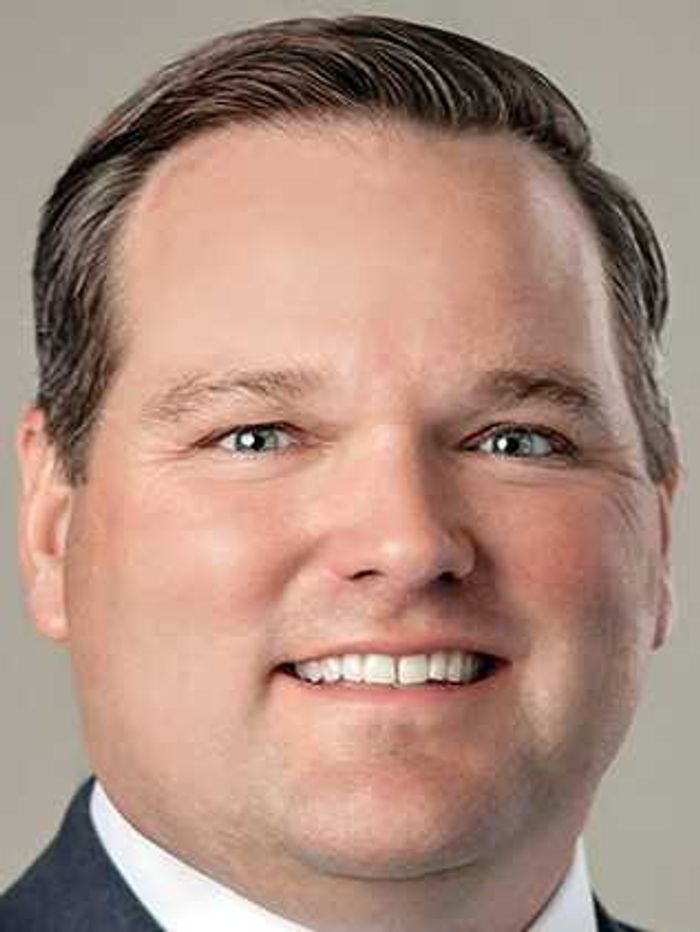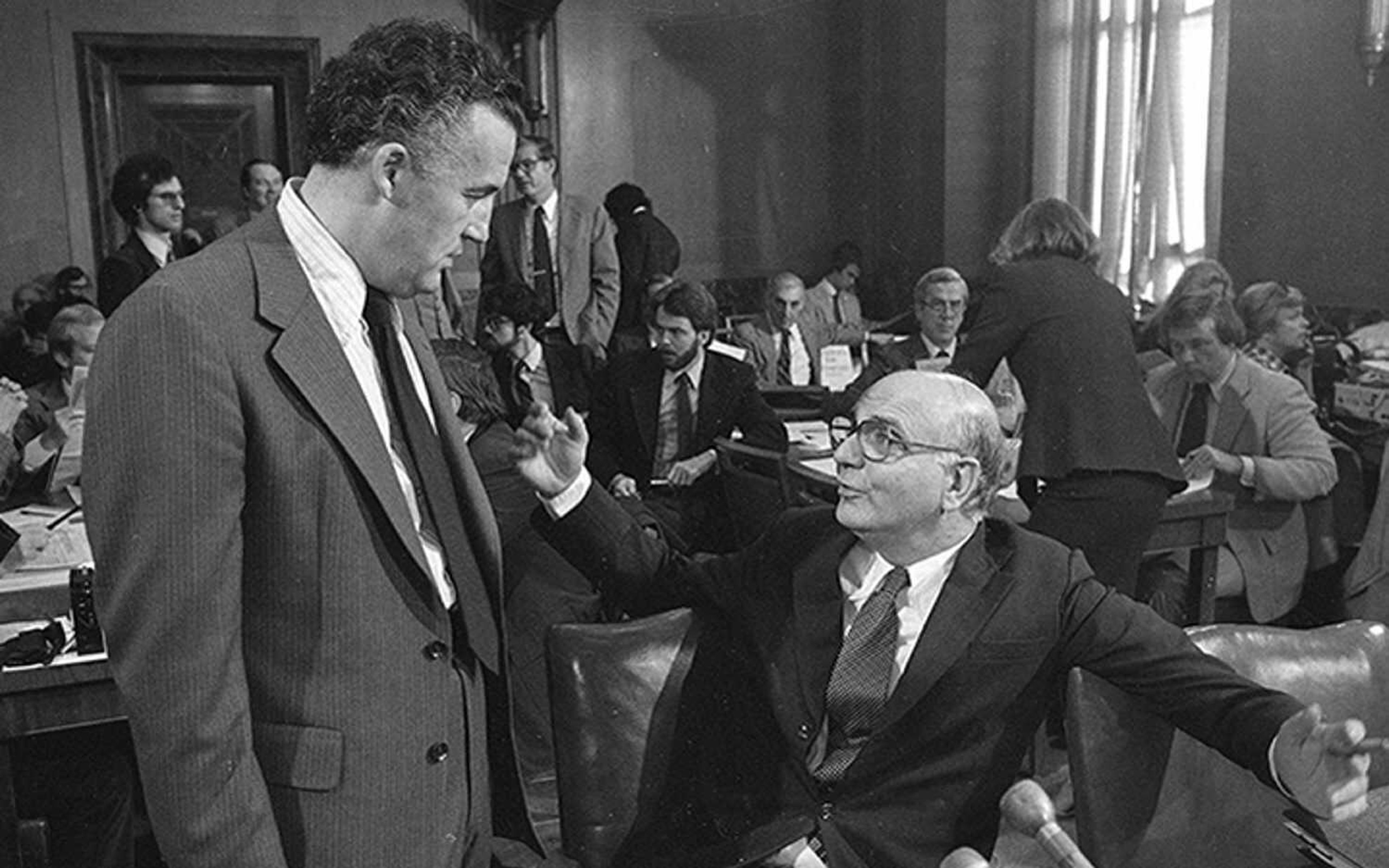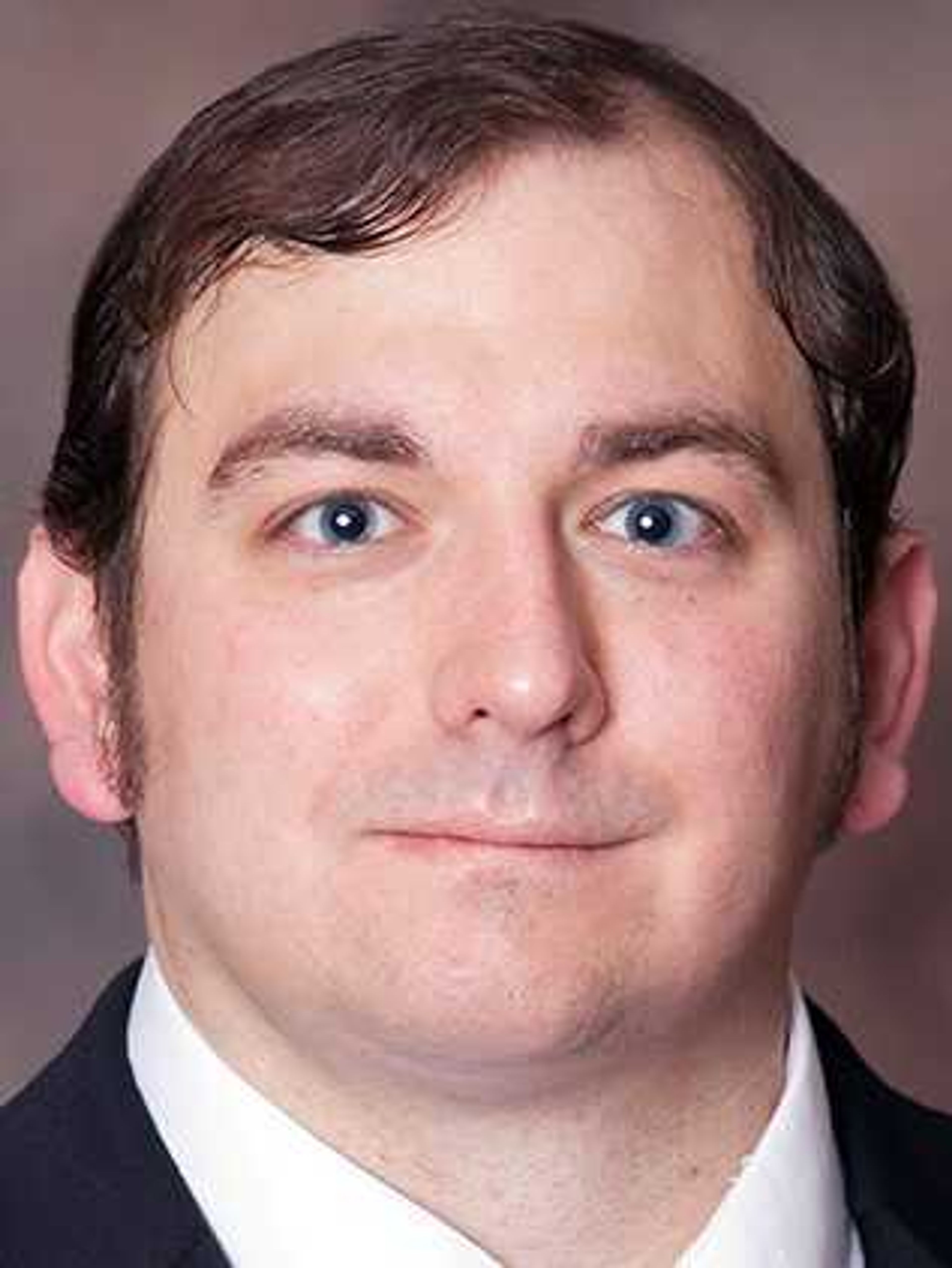SEMO economist, local banker discuss interest rate hike
For the first time in four years, the U.S. Federal Reserve Board on Wednesday raised interest rates in a graduated attempt to curtail rising inflation. Fed Chair Jerome H. Powell signaled more hikes are planned in the months ahead to slow the inflationary spiral that has seen consumer prices accelerate at a 40-year high...
For the first time in four years, the U.S. Federal Reserve Board on Wednesday raised interest rates in a graduated attempt to curtail rising inflation.

Fed Chair Jerome H. Powell signaled more hikes are planned in the months ahead to slow the inflationary spiral that has seen consumer prices accelerate at a 40-year high.
The federal funds rate was increased last week by 25 basis points from 0.25% to 0.50%.
"The federal funds rate is the rate banks charge other banks for overnight loans," said David Yaskewich, a Southeast Missouri State University economist. "With money becoming relatively tighter, and I would stress relatively, because we still have pretty low interest rates and a pretty large money supply, the ripple effect of this decision will be on the interest consumers pay — on credit cards, on mortgages, on car loans, for example."
Yaskewich, who is chairman of SEMO's Accounting, Economics and Finance Department, referenced a strong reaction to the Fed's move by Jim Bullard, president and CEO of the Federal Reserve Bank in St. Louis.
"This increase is far too low to prudently manage the U.S. macroeconomic situation," Bullard wrote Friday. "In my view, raising the rate to as high as 0.75% would have been more appropriate."
Wade Bartels — president and CEO of Cape Girardeau-headquartered Alliance Bank, with branches in Cape Girardeau, Jackson, Sikeston, Oran and New Madrid — focused on the consumer in his comments to the Southeast Missourian.
"Whether it's a car loan, a home equity loan, a mortgage loan or a commercial loan, as rates rise, the cost of borrowing goes up, so a consumer could make a calculation not to purchase or engage in a project ... so (the hike) certainly could have an impact on loan demand."
Reminded of the low real estate inventory, with few residential properties available for sale, Bartels admitted the need for a home purchase may blunt the impact of last week's rate hike and additional ones to come.
"Yes, (buyers) may be willing to pay more but can they afford it?" Bartels queried.
"There are so many factors at play — Ukraine, the actual economy and how fragile it might be. The Fed keeps saying the economy is very, very strong and unemployment is low, but the big key to the change in posture is inflation," he added.

History
Yaskewich recalled a decision in the waning days of the Carter administration by then-U.S. Federal Reserve Chair Paul Volcker to raise sharply interest rates — an ultimately successful effort to slow inflation.
"In Volcker's disinflation policy, the Federal Reserve raised interest rates to really high levels to get rid of double-digit inflation. Voelker's disinflation is considered the definitive case study about using Federal Reserve policy to reduce pressure on consumer prices," he said.
Volcker raised the federal funds rate to a record high of 20% in late 1980 after inflation had peaked at 11.6% earlier that year. With interest rates remaining high, the Volcker-led initiative saw inflation fall to 6.1% in early 1982 and to 3.7% in 1983.
The SEMO economist noted Powell's vision for a series of incremental rate hikes is a very different approach from Volcker's.
"There is a risk that it won't be enough but there are also some who suggest it might go too far — but we'll have to see what happens," Yaskewich said.
Do you want more business news? Check out B Magazine, and the B Magazine email newsletter. Go to www.semissourian.com/newsletters to find out more.
Connect with the Southeast Missourian Newsroom:
For corrections to this story or other insights for the editor, click here. To submit a letter to the editor, click here. To learn about the Southeast Missourian’s AI Policy, click here.







